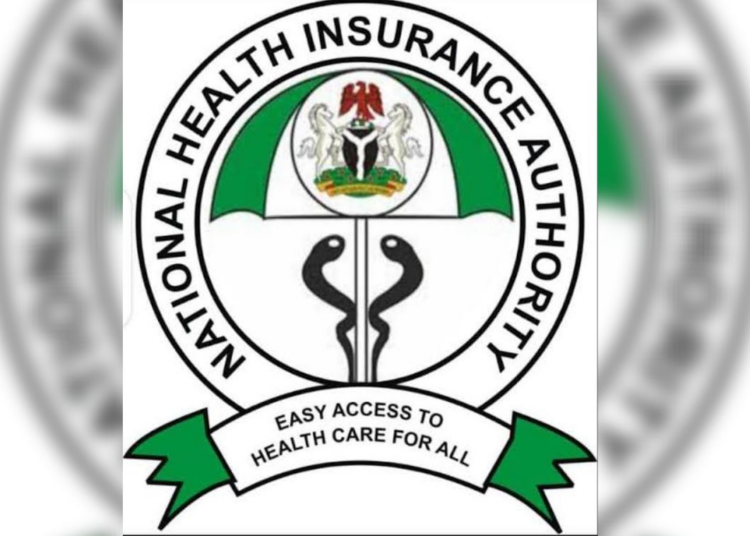Senator Ede Dafinone, representing Delta Central Senatorial District, has provided medical assistance to over 2,000 constituents through a large-scale outreach programme aimed at combating chronic diseases and improving access to quality healthcare.
The initiative, held at Ewu Primary Health Centre in Ughelli South Local Government Area, marked the eighth phase of the senator’s ongoing humanitarian interventions across the eight local government areas of Delta Central.
Organised in partnership with the National Health Fellows of Delta Central, the outreach focused on preventive healthcare, early detection, and treatment of illnesses such as tuberculosis, diabetes, and hypertension.
Represented by his Senate Liaison Officer, Mr. John Ebireri, Senator Dafinone reaffirmed his commitment to enhancing the health and well-being of residents in the district.
“Our goal is to ensure that every constituent, regardless of location or income, has access to quality healthcare,” he said.
Nigeria’s healthcare system continues to face significant challenges, including high out-of-pocket expenses and inadequate funding. The National Health Insurance Authority (NHIA), through its 2022 Act, has sought to address these challenges by introducing compulsory health insurance to reduce financial barriers and protect citizens from catastrophic medical costs. However, gaps remain due to infrastructure deficits, limited funding, and a shortage of trained medical personnel.
Dafinone commended Hon. Lucky Avweromre, Chairman of Ughelli South LGA, and Dr. Eravwoke Onomine, Executive Secretary of the LGA Health Authority, for their collaboration in ensuring the programme’s success.
The outreach recorded 230 direct beneficiaries who received free medical consultations, diabetes and blood pressure checks, and essential medications. Additionally, 104 residents were provided with free reading glasses through the support of the Clinton Health Access Initiative (CHAI), while the Okiero Anthony Okoro Development Foundation (OAODF) screened over 100 participants for tuberculosis and provided treatment.
The Ewu phase concluded the outreach series on a high note, reinforcing a shared vision for healthier, better-informed communities across Delta Central.
Senator Dafinone expressed appreciation to partner organisations, including the World Health Organisation (WHO), Madden Healthcare Foundation, OAODF, CHAI, and local government health authorities, for their contributions to the programme’s success.
A similar exercise held earlier in Ughelli North LGA recorded the distribution of 112 reading glasses after eye screenings, treatment of 61 hypertension cases, and diagnosis of 13 new diabetes patients.
The Chairman of Ughelli North LGA, Olorogun Barr. Jaro Egbo, and Dr. Ighovo Tega, Executive Secretary of the LGA Health Authority, commended the initiative, describing it as “a life-saving intervention bridging healthcare gaps in rural and semi-urban communities across the district.”






